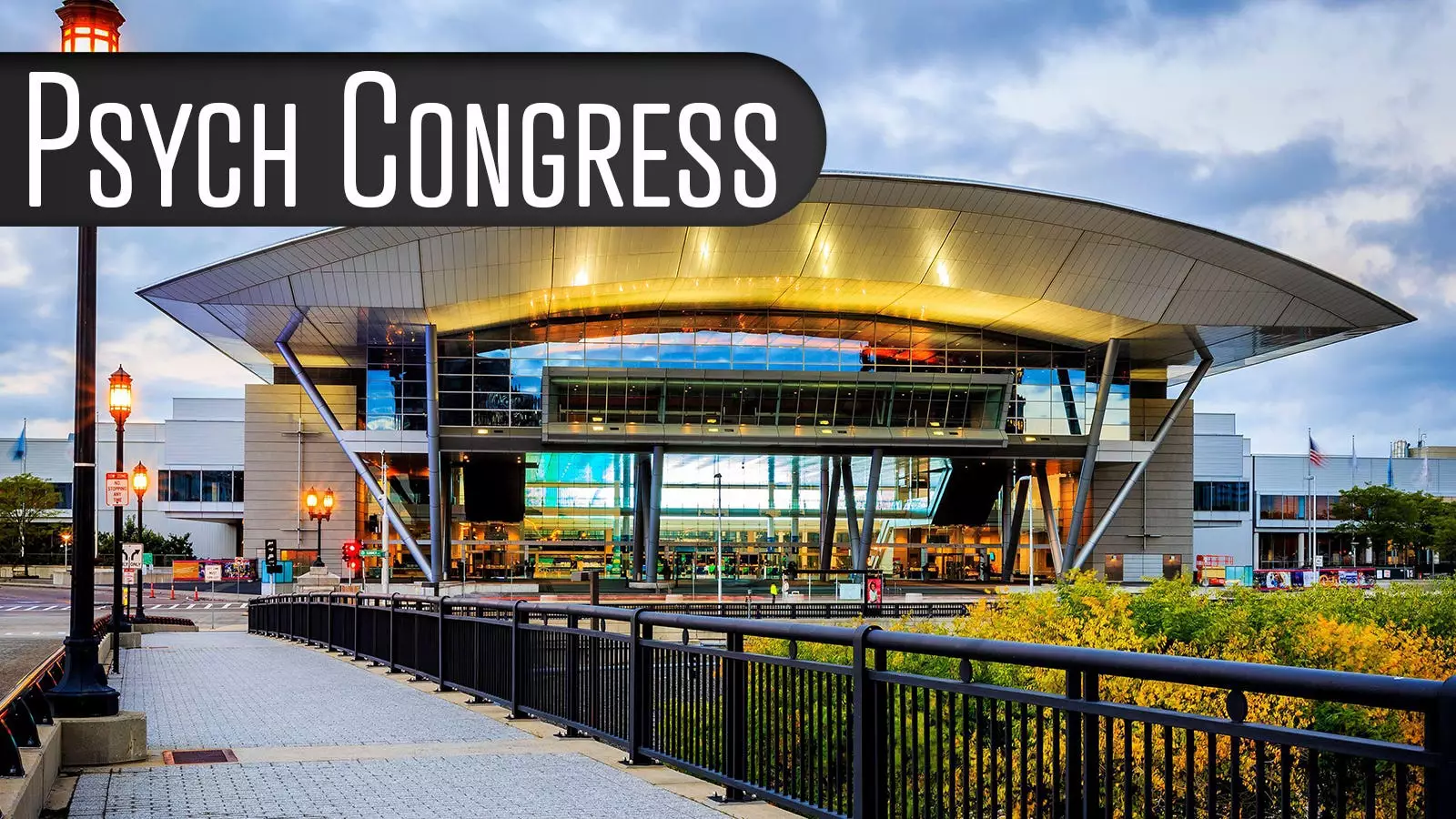Recent findings have significantly illuminated the precarious nature of schizophrenia management, particularly in relation to patient mortality. A longitudinal study that followed 32,071 individuals diagnosed with schizophrenia revealed startling statistics: even a single relapse can exacerbate the risk of death in this vulnerable population. Conducted by Christoph Correll, MD, at the Zucker School of Medicine, this research, presented at Psych Congress in Boston, underscores the urgent need to address relapse episodes, which are not merely symptomatic recurrences but potent threats to overall survival.
The findings indicate a troubling trajectory: as the number of relapses increases, so too does the hazard ratio (HR) for mortality. For instance, the risk of death escalated from a modest HR of 1.20 following a single relapse, reaching an alarming 2.63 after ten relapse episodes. These figures starkly illustrate that relapses are not isolated incidents but significant markers of patient health trajectory that can drastically shorten life expectancy—from an estimated 78% survival rate after one episode to a mere 58% after ten.
Schizophrenia is notorious for its detrimental effect on life span, with studies suggesting that it may reduce life expectancy by an average of 15 years. This excess mortality is attributed to a range of issues, including physical health complications such as cardiovascular disease, metabolic syndrome, and, tragically, suicide. Correll’s insights reveal that relapses are not only symptomatic; they are tied to a complex web of health variables that can lead to dire outcomes.
Moreover, the data support the assertion that managing relapses in schizophrenia can significantly contribute to enhancing both longevity and quality of life. It is crucial for clinicians to prioritize strategies focused on relapse prevention, including the adoption of long-acting injectable (LAI) antipsychotics. By improving medication adherence and minimizing the chance of relapse, there is potential not only to extend life but to improve the overall health span of patients.
Effectively combating the dangers posed by relapse requires a multi-pronged approach to patient care. Correll emphasizes that managing schizophrenia involves more than just addressing symptomatic flare-ups; it’s a holistic endeavor. Encouraging adherence to medication regimens, managing comorbid health conditions, and adopting a comprehensive care model are essential strategies for mitigating relapse risks.
Furthermore, understanding the patterns and implications of these relapses can guide clinicians in creating personalized, proactive care plans. This involves not only pharmacological interventions but also lifestyle modifications and psychosocial support that empower individuals living with schizophrenia to lead healthier, more fulfilling lives.
While the study used extensive claims data to draw its conclusions, the researchers noted limitations such as potential underreporting of relapse indicators and patient mortality. Moving forward, it is clear that additional research is necessary to delve deeper into the cause-specific mortality linked with relapses. By illuminating these critical aspects, healthcare providers can develop targeted strategies to prevent relapses and ultimately reduce mortality rates among individuals with schizophrenia.
Such future research should focus on understanding the nuances of what leads to relapses and exploring effective interventions. Expanding the dataset to encompass more varied patient experiences could provide invaluable insights into the interrelation of relapse episodes, overall health, and mortality.
The findings presented by Correll and his team serve as a crucial reminder of the delicate balance between managing schizophrenia and safeguarding the lives of those affected. Relapse prevention must take center stage, propelled by the understanding that each episode bears serious consequences for mortality. Clinicians are urged to adopt a proactive stance toward not just controlling symptoms, but enhancing the health and life expectancy of their patients through comprehensive and tailored care approaches.
As we reflect on the implications of this crucial research, the impact of relapses on the broader health of individuals with schizophrenia cannot be overstated. By taking decisive action to manage and prevent relapses, we can hope to improve not only the quality of life but also the longevity of those facing this challenging mental health condition.


Leave a Reply